
‘Dukai’s work is rooted in modernist movements such as constructivism, op art, minimalism, and the Bauhaus, yet it remains deeply personal. He frequently works with natural hand-woven linen, rusted metal, and reclaimed fabrics, employing traditional graphic techniques such as silkscreen, woodcut, and collography, alongside unconventional processes like plant-based tanning.’

Budapest’s St Stephen’s Day celebrations drew a record crowd, with over 798,000 visitors detected via mobile data—a 12.5 per cent rise from last year. The fireworks alone attracted more than 450,000 people, including nearly 89,000 foreign tourists, marking a 27 per cent surge compared to 2024.

Hungary’s oil and natural gas production continued to rise in the first half of 2025, easing reliance on imports and marking some of the strongest results in decades, according to the Energy Ministry and the Regulatory Authority.
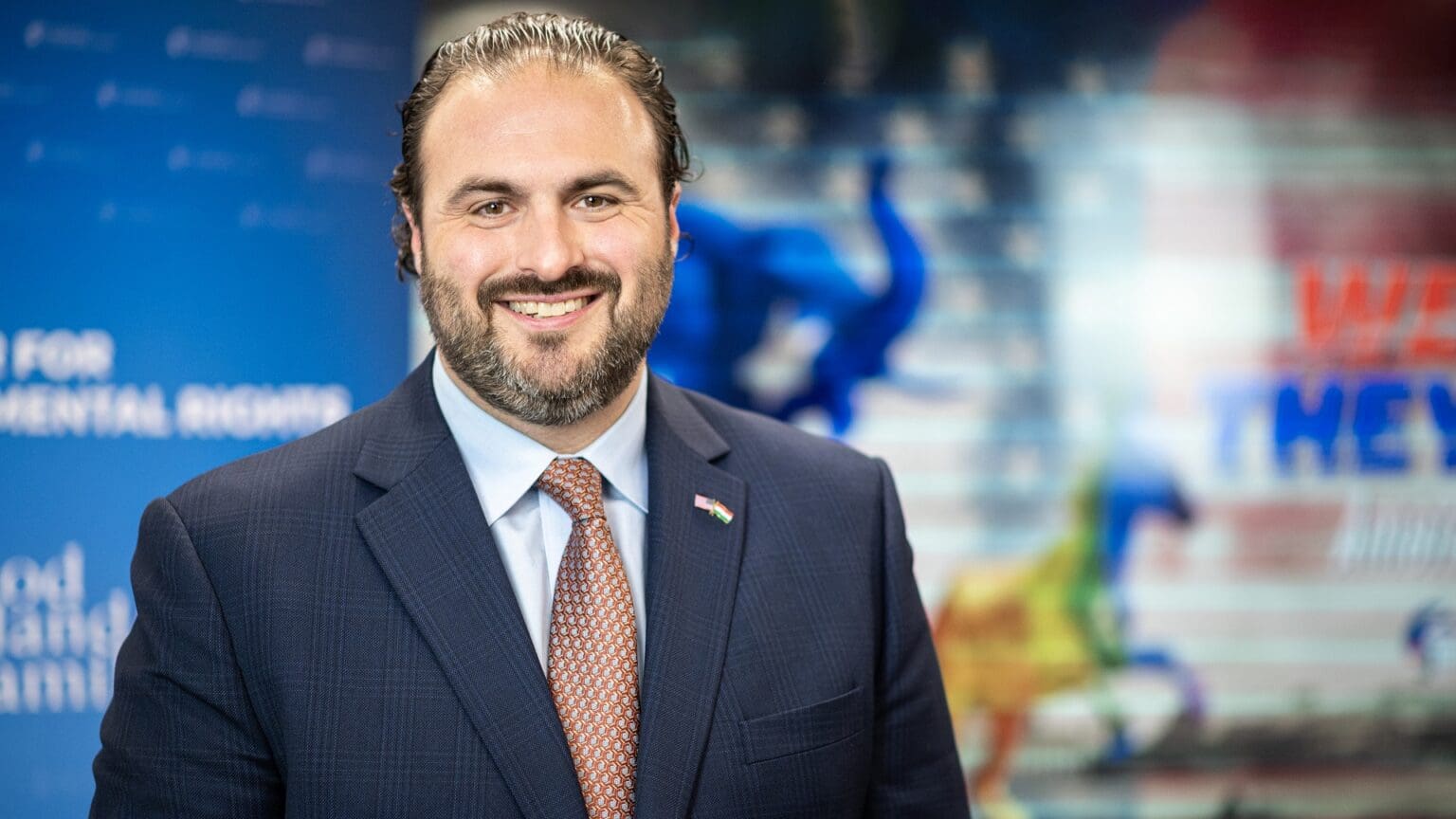
Bryan Leib, Senior Fellow at the Center for Fundamental Rights, has recently posted to X, advocating that the proposed trilateral meeting between US President Donald Trump, President Volodymyr Zelenskyy of Ukraine, and President Putin of Russia should take place in Budapest, Hungary.

Debrecen Zoo joins the nationwide Night of Zoos with a programme highlighting wildlife conservation, responsible animal care, and the wonders of nocturnal creatures, offering families a unique nature experience after dark.
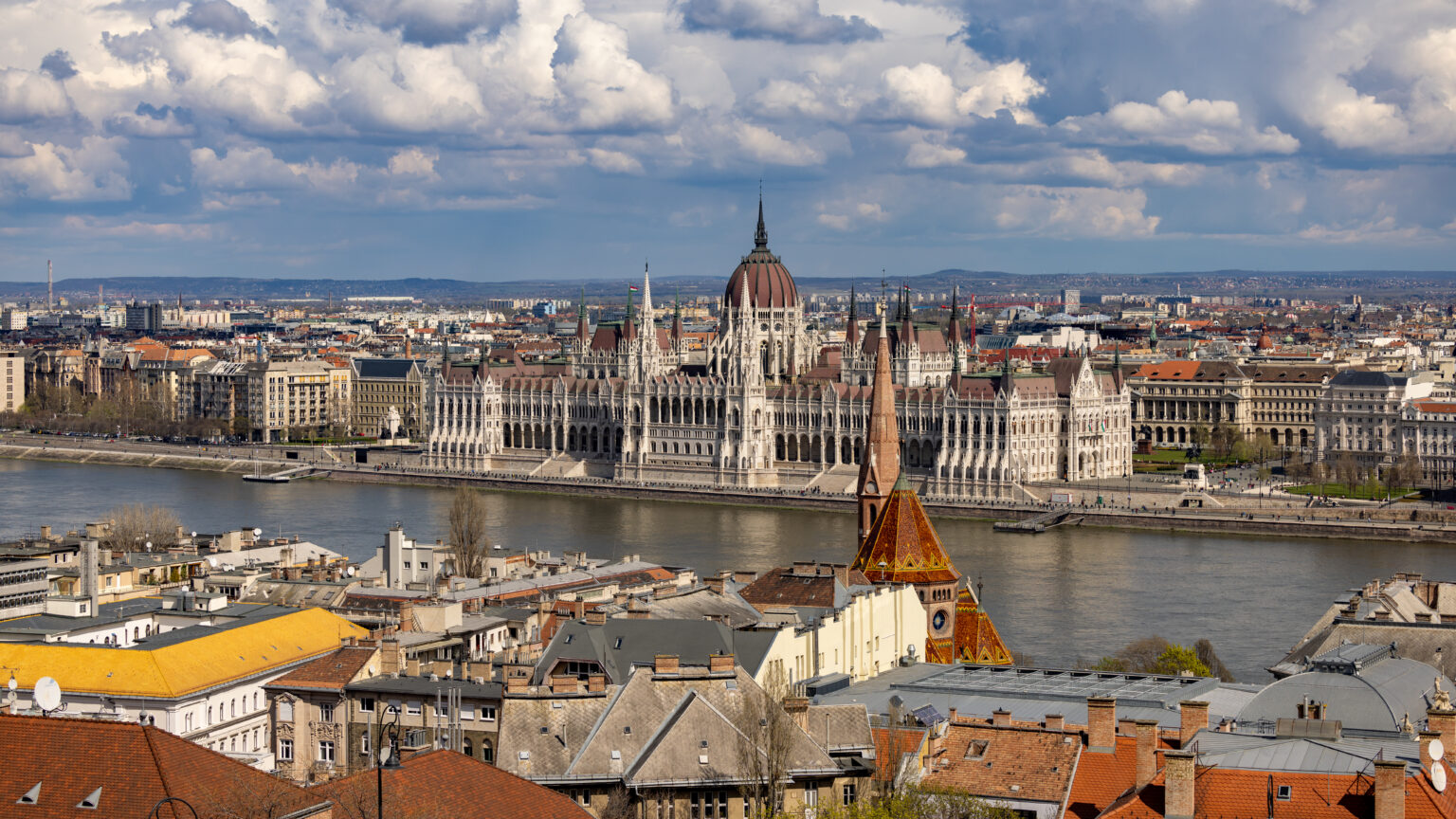
Péter Szijjártó said on Thursday that Hungary is ready to host potential Putin–Zelenskyy talks to end the war in Ukraine. With Trump’s administration eyeing Budapest as a possible location, the city has emerged as a strong contender—but also a divisive one, drawing a sharp rebuke from Polish Prime Minister Donald Tusk, who warned against repeating past failures.

On 20 August, Hungary marked its 1025th anniversary as a state, commemorating St Stephen’s foundation of the Christian kingdom. Leaders worldwide—from US Secretary of State Marco Rubio and EU Council President António Costa to Armenia’s Nikol Pashinyan and Gulf partners—extended congratulations.
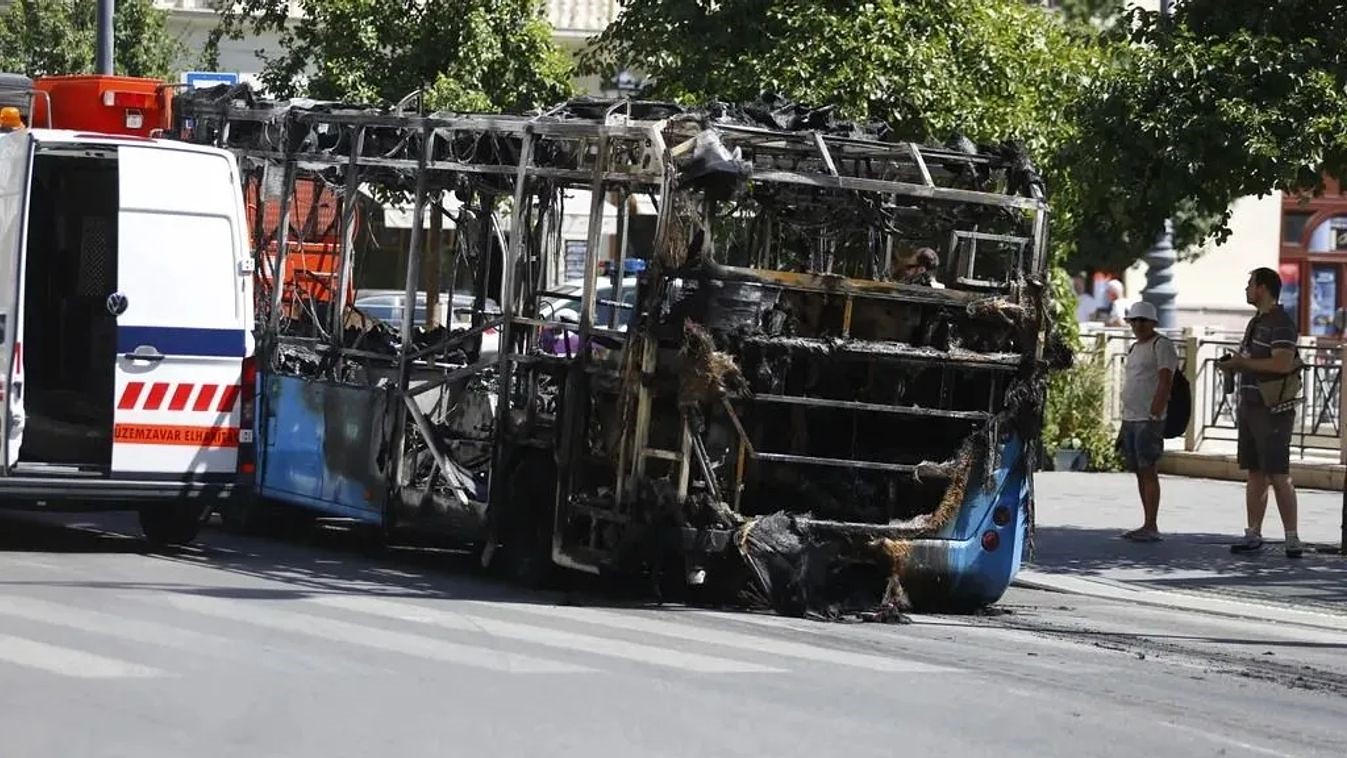
Fidesz Budapest leader Alexandra Szentkirályi slammed the city’s opposition leadership over bus safety. Her comments came after, remarkably, three buses burst into flames during a recent heatwave in the Hungarian capital.

After 33 years, Hungary once again hosts a MotoGP World Championship round this weekend at Balaton Park in Balatonfőkajár. All eyes will be on Spain’s six-time world champion Marc Márquez, the runaway leader of the season.
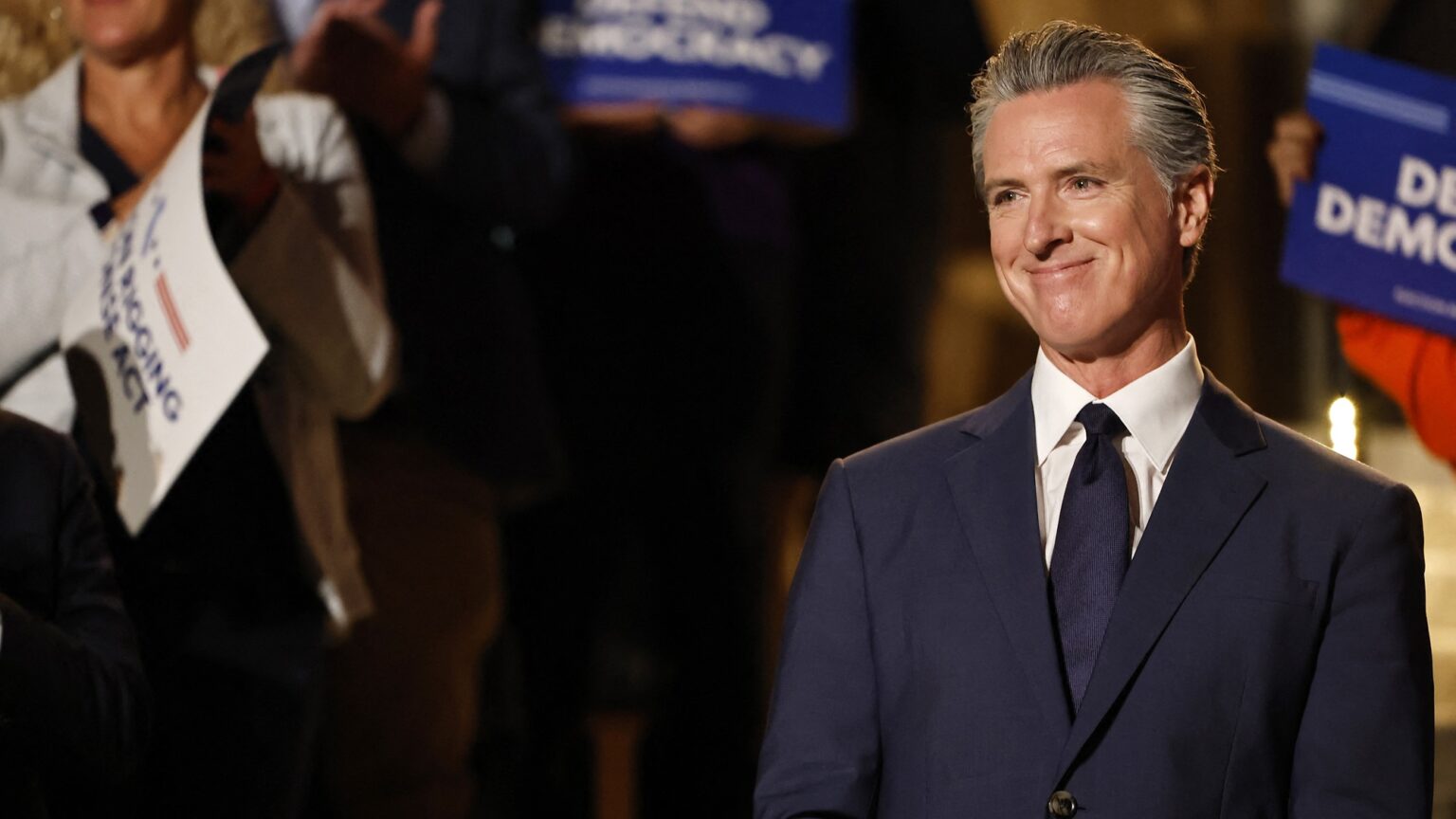
After months of search, it seems that the Democratic Party has found its leader to help them through the second Trump administration. California Governor Gavin Newsom is clearly gearing up to get himself his party’s nomination for President in 2028—should Republicans be worried or relieved?
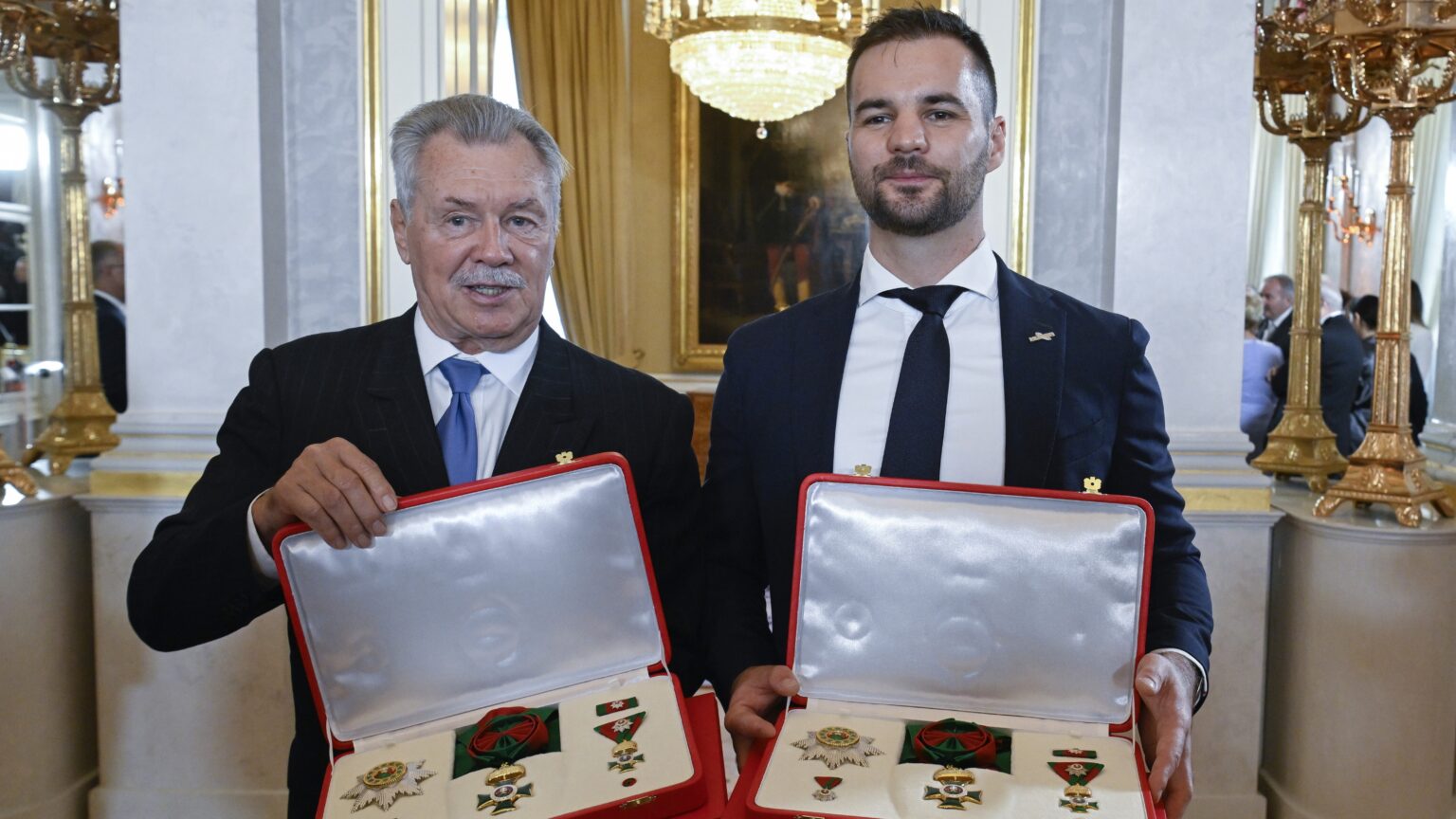
Hungary’s highest state honor, the Order of Saint Stephen, was awarded to astronauts Bertalan Farkas and Tibor Kapu on 20 August at the Sándor Palace in Budapest, recognizing their groundbreaking contributions to space exploration and Hungarian science.

Serious safety concerns were uncovered during government inspections of Budapest’s public buses, with nearly four out of five vehicles showing dangerous defects that in some cases could pose fire risks to passengers.

‘Just days after Russia’s 2022 invasion of Ukraine, Chancellor Olaf Scholz declared a Zeitenwende—a historic turning point—in the Bundestag, pledging greater support for Ukraine and a significant strengthening of Germany’s armed forces…Yet, despite ambitious plans and ongoing modernization efforts, the proclaimed turning point fell short of delivering the sweeping, immediate changes…’

‘Again and again, I find myself marveling at how beautifully God arranges everything. From the way we found this place, to how we were able to purchase it, to the way the Hungarian Cultural Center was established—it’s clear that His hand has guided us through it all.’
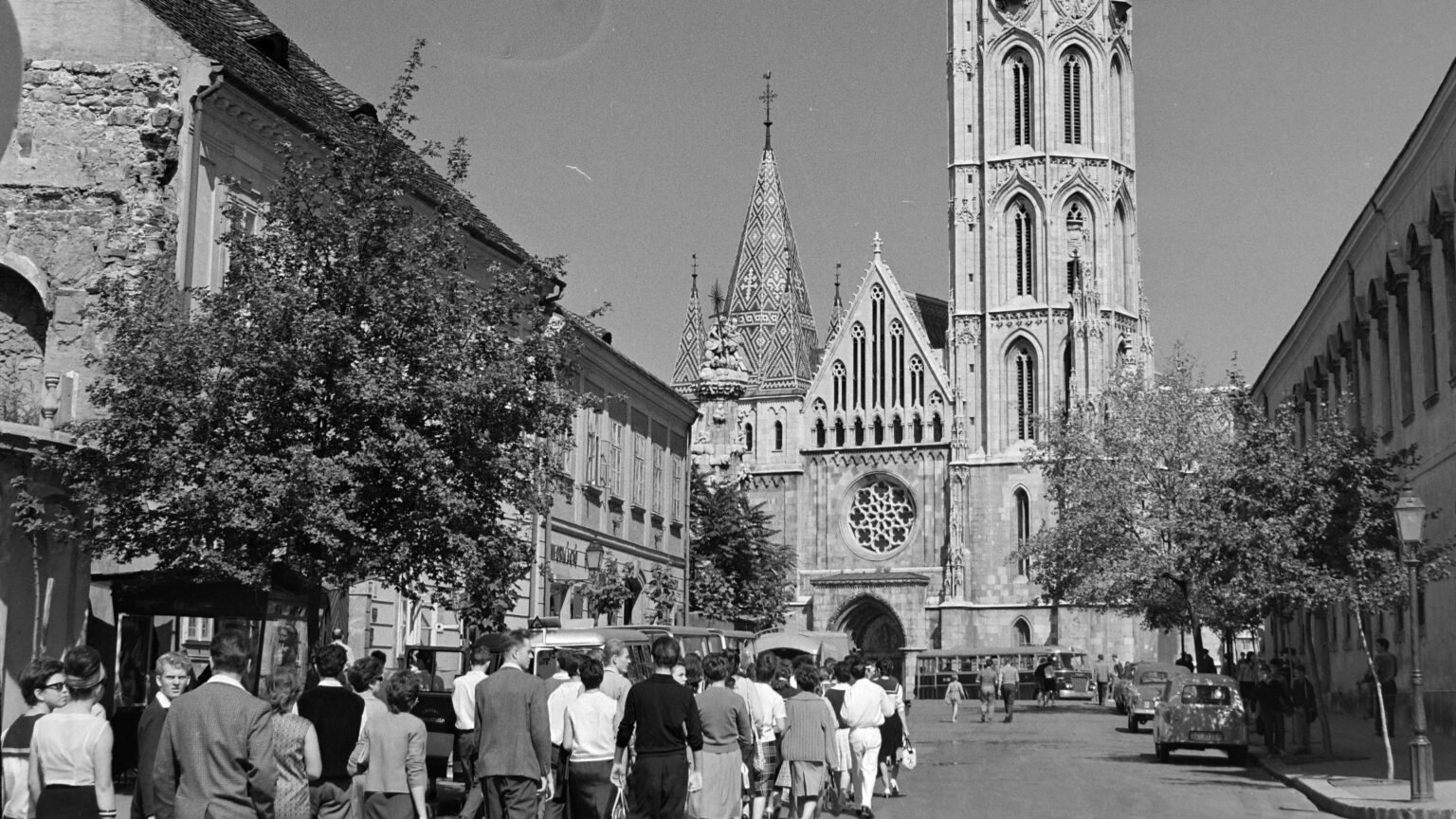
‘Tóth informed the choir members that he had “received an ultimatum from the Ministry of the Interior”, which caused great outrage—someone reportedly shouted: “This can’t happen in 1966 Hungary!” But it did happen.’
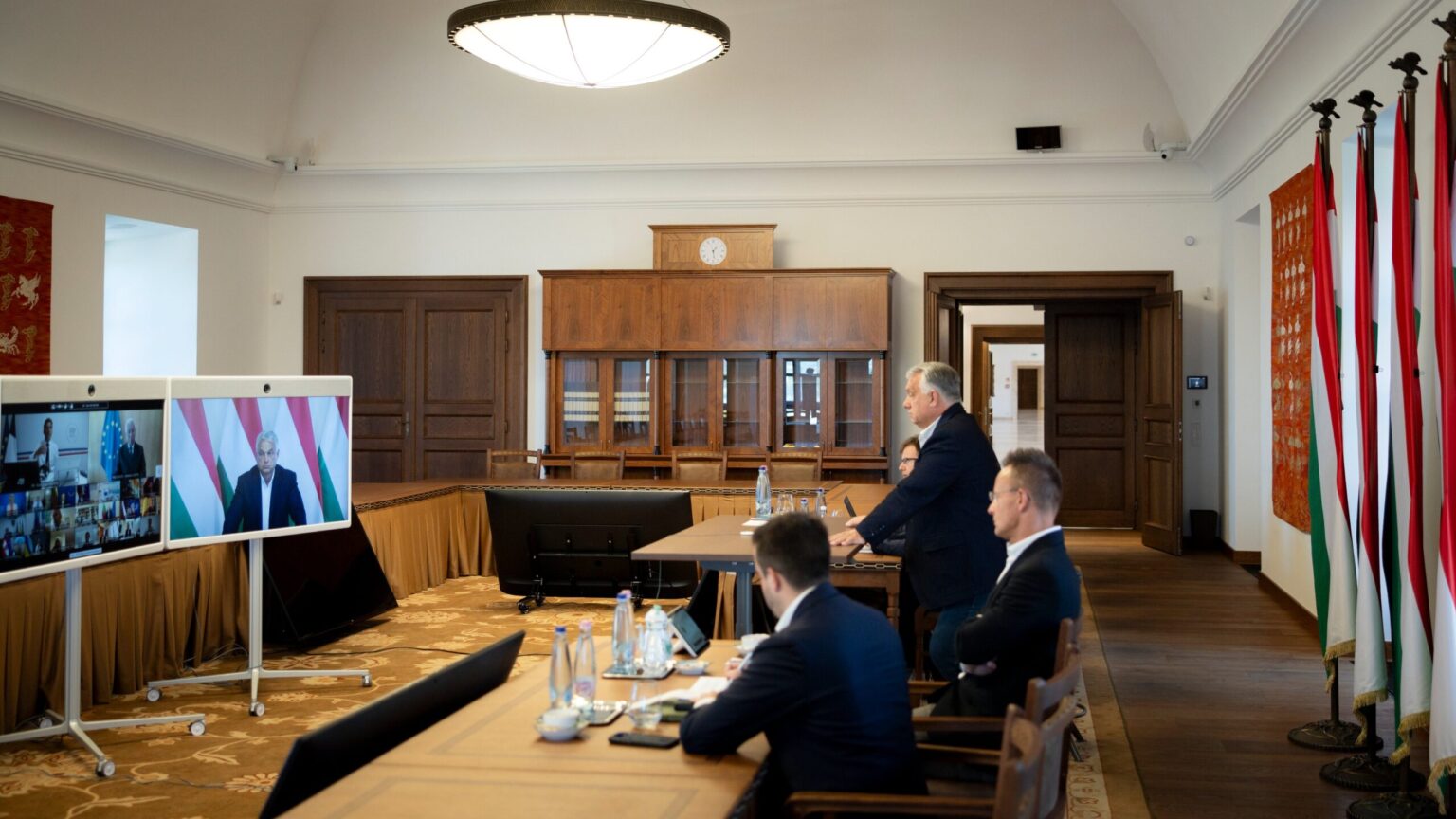
After the European Council meeting on the Alaska summit, Viktor Orbán argued that Brussels’ Ukraine strategy had collapsed—its isolation policy, battlefield expectations, and membership promises as security guarantee all failed. With Trump’s team eyeing Budapest as the venue for a potential Putin–Zelenskyy summit, Hungary’s influence in Europe could be significantly bolstered.

Charge’ d’Affaires at the US Embassy in Budapest Robert Palladino and Director General for the Center for Fundamental Rights Miklós Szánthó spoke at the ceremonial opening of the The Martians — Hungarian Scientists and Nobel Laureates exhibition at Vörösmarty Square in Budapest, Hungary, which is dedicated to the great Hungarian scientific minds in history.

Hungarians can now taste the official Cake of Hungary and its sugar-free counterpart at the Street of Hungarian Flavours, part of the Saint Stephen’s Day festivities filled with concerts, family activities, and cultural programmes across Budapest.

Hungarian researchers have launched a new ESA-supported project at the HUN-REN Wigner Research Centre for Physics to study how solar activity influences Earth’s magnetic environment and space weather forecasting.

Inspired by a Hungarian pupil, Pariposa Preschool in Singapore hosted a cultural session led by Chargé d’Affaires Edit Kerekes. Children explored Hungarian words, music, and traditions, part of the embassy’s wider mission to connect and engage Singapore’s active Hungarian community.
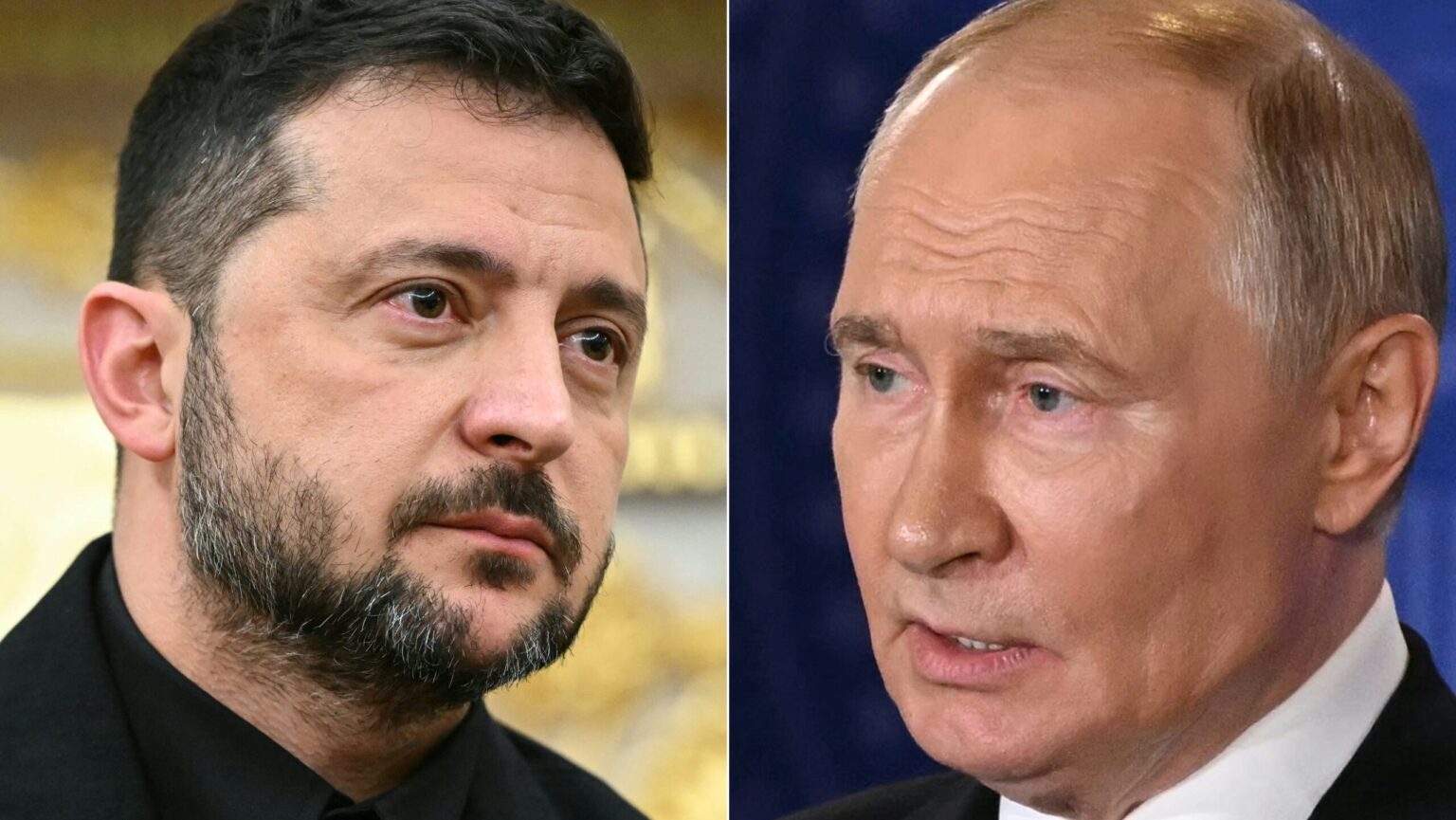
A historic Putin–Zelenskyy summit may soon take place in Hungary, US officials confirmed after Trump’s White House meeting with Zelenskyy and EU leaders. The summit, to be followed by a trilateral session with Trump, could mark a breakthrough in efforts to end the war.
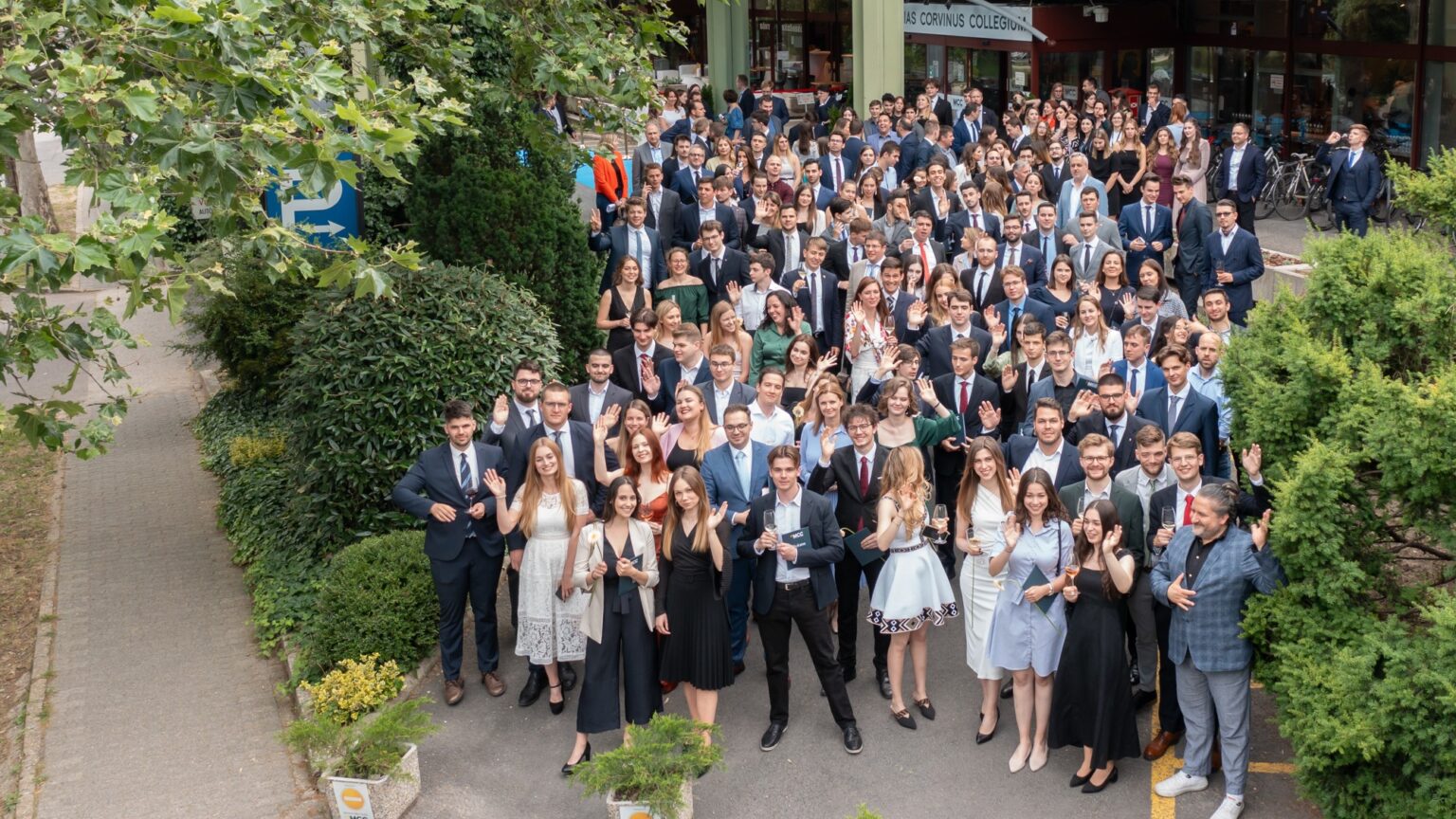
A new survey shows that Hungarian students value meaningful work, flexible conditions, and teamwork more than salary alone. For most, social impact, proximity to home, and opportunities for growth are key factors in choosing a job.

Hungary will host a new United Nations University institute in Kőszeg, focusing on peace, security, transformative technologies, and future-shaping social and economic processes, strengthening the country’s role in international research.
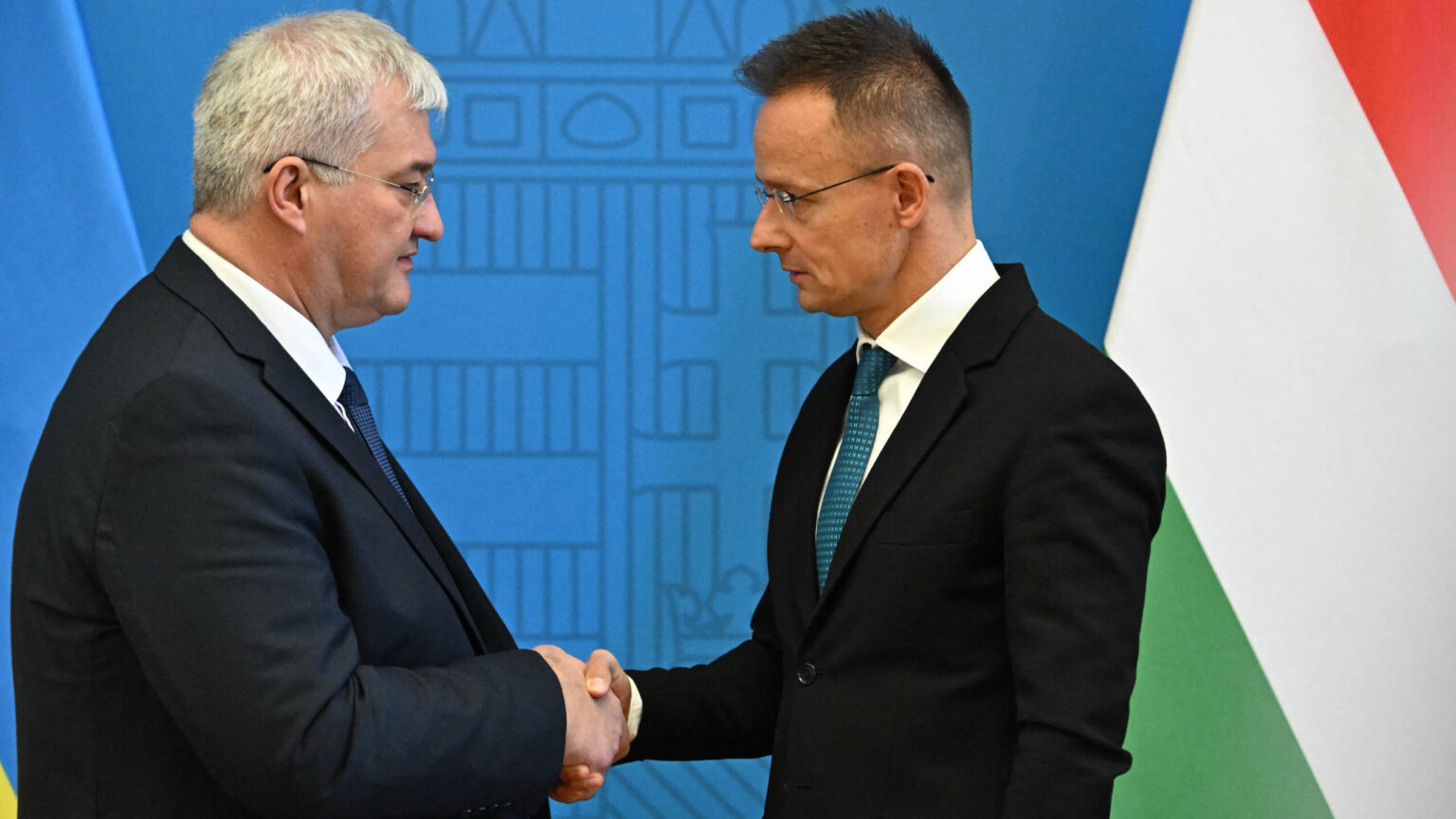
Tensions flared between Budapest and Kyiv after Foreign Minister Péter Szijjártó accused Ukraine of striking the Druzhba oil pipeline, vital for Hungary’s energy supply. His Ukrainian counterpart Andrii Sybiha shot back, blaming Hungary’s reliance on Russia and telling Budapest to address its ‘friends in Moscow’.

Alaska hosted more than a summit last Friday—it staged the funeral of the liberal order. Trump and Putin’s display of power buried the post-Cold War consensus, sidelined Europe, and offered Russia a new role in an emerging world order no longer defined by Western institutions.

Tibor Kapu spent 18 days on the International Space Station as part of the Hungarian Government’s HUNOR space programme. He then spent an additional two days on board his spaceship before returning to Earth, bringing the total number of days he was outside the atmosphere to 20.
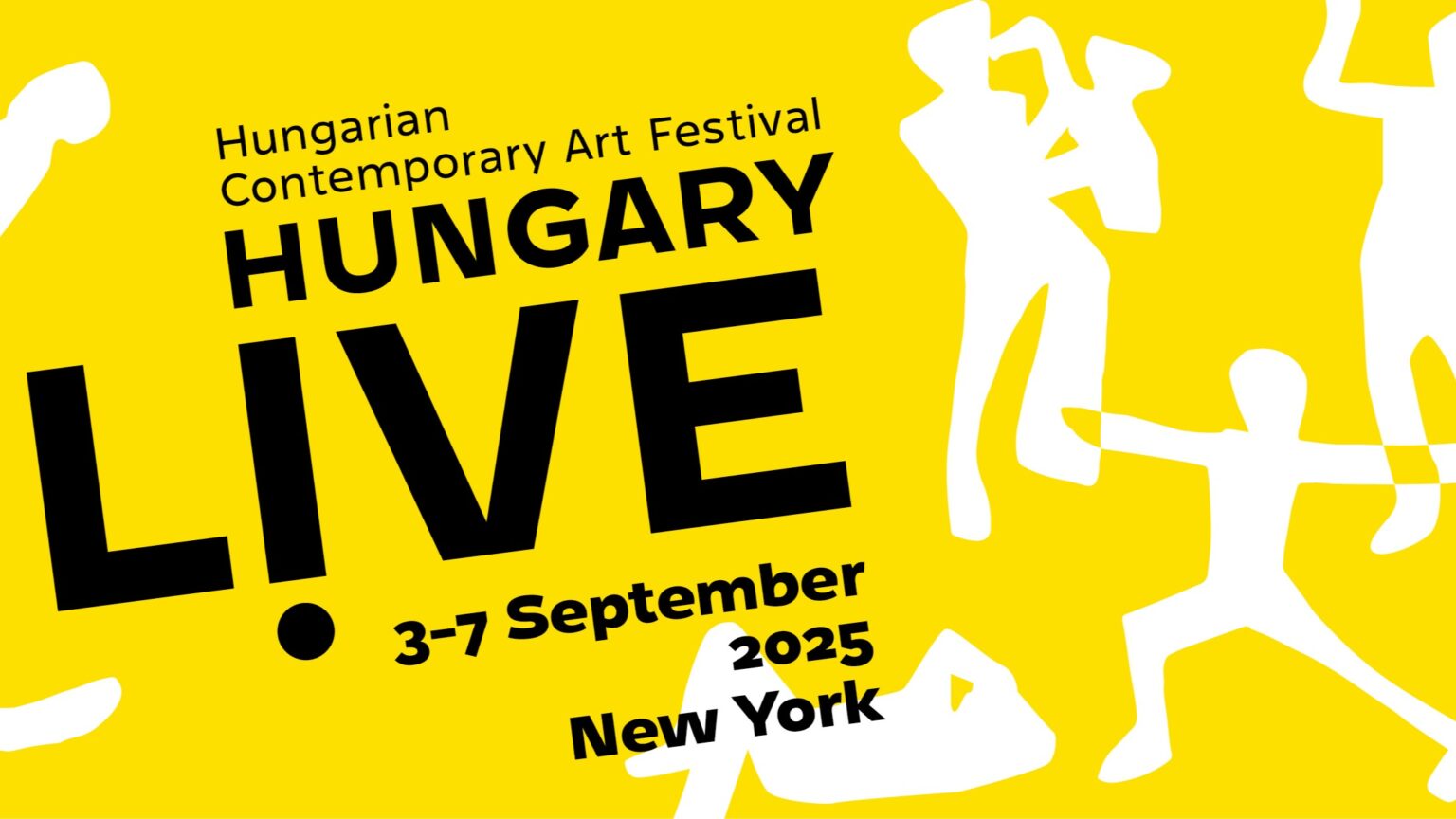
New York will host a Hungarian contemporary arts festival from 3–7 September, featuring exhibitions, theatre and dance performances, concerts, and workshops, offering American audiences a diverse introduction to today’s Hungarian art scene.
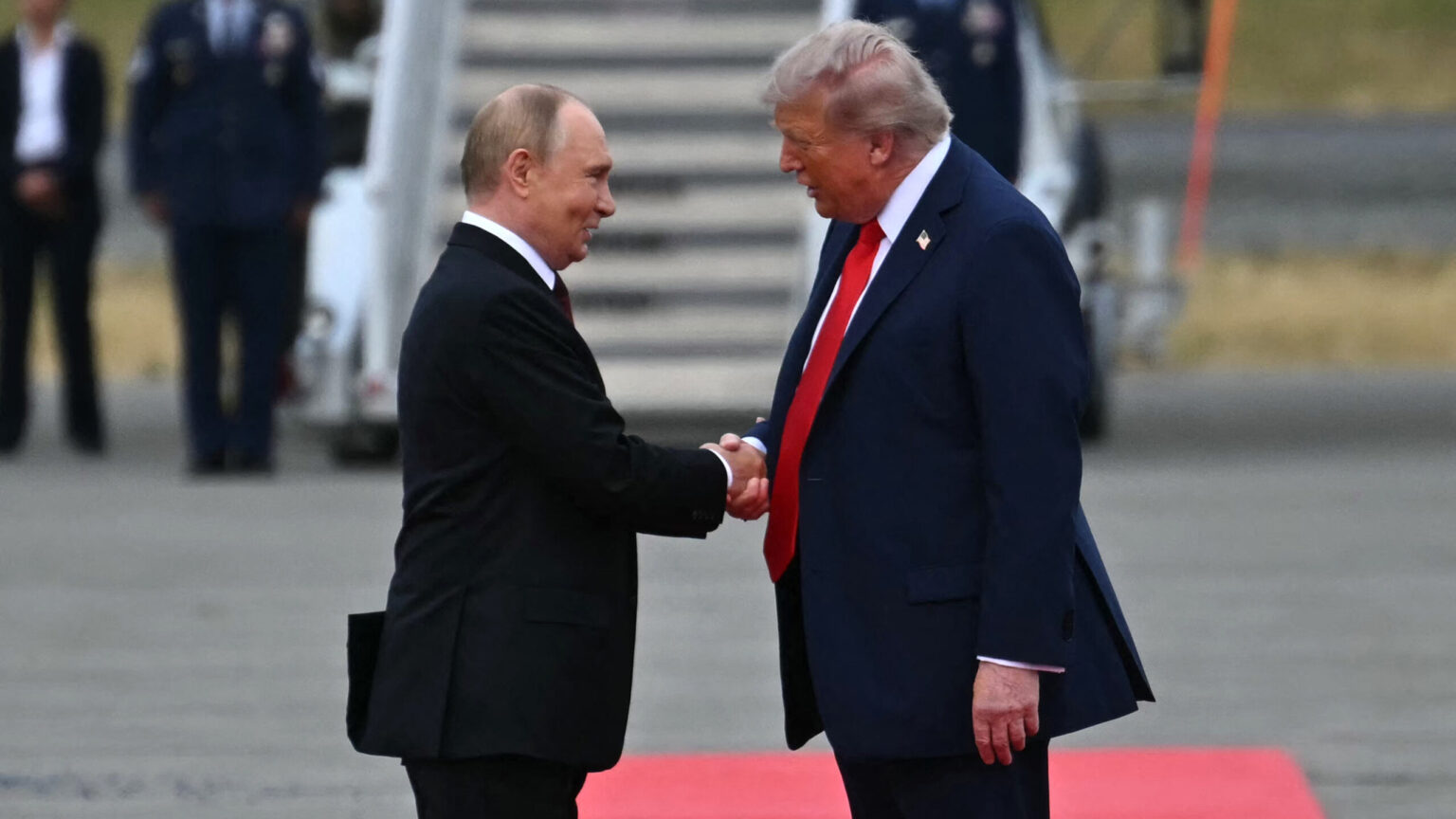
Hungarian Foreign Minister Péter Szijjártó spoke with both Washington and Moscow after the Trump–Putin summit in Alaska, stressing Hungary’s consistent call for peace. As the only EU state briefed by both sides, Budapest now holds a unique insight into Russia’s real intentions regarding a potential ceasefire agreement.

Hungary’s National Consumer Protection Authority has launched a nationwide review of video games to identify unfair commercial practices, with special focus on mechanisms that target minors and encourage excessive spending.
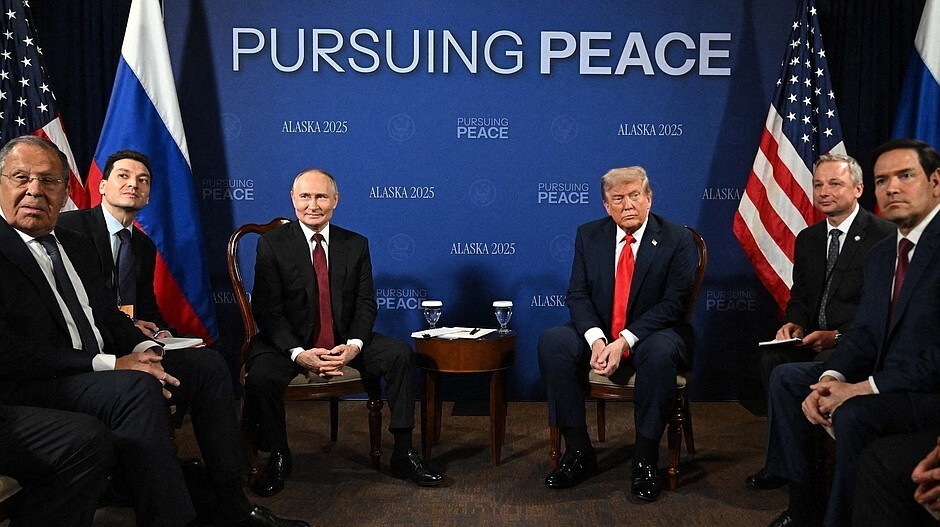
‘Closing the press conference, President Putin addressed Donald Trump in English and invited the American leader to meet “next time in Moscow”. It is an extremely rare occasion to hear the Russian President speaking in English.’